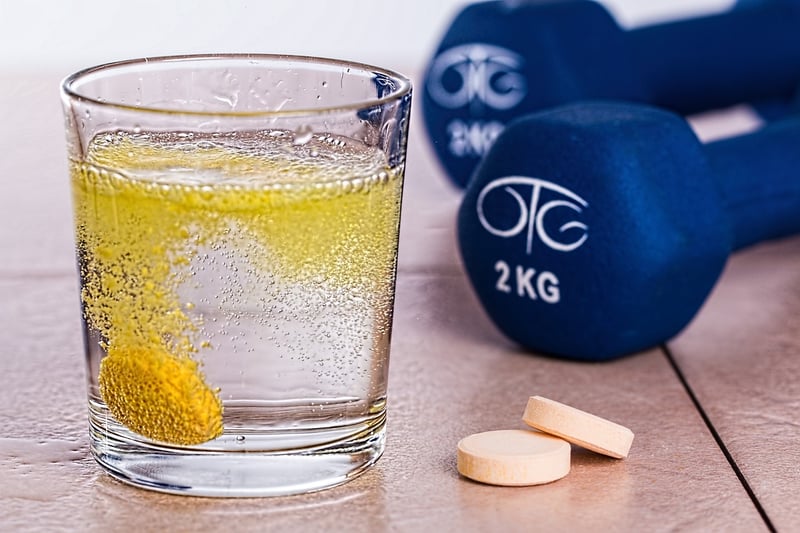Vitamins & Minerals

Fuel Your Body Right with Essential Vitamins and Minerals
Proper nutrition is vital for maintaining overall health and well-being. Fueling your body with essential vitamins and minerals is key to supporting various bodily functions, promoting immunity, and ensuring optimal performance. Let's explore the importance of these vital nutrients and how you can incorporate them into your diet.
The Power of Vitamins
Vitamins are organic compounds that play a crucial role in various physiological processes. They are essential for growth, development, and overall health. Here are some key vitamins your body needs:
- Vitamin A: Essential for vision, immune function, and skin health.
- Vitamin C: Boosts immunity, promotes healthy skin, and aids in wound healing.
- Vitamin D: Crucial for bone health, immune function, and mood regulation.
- Vitamin E: Acts as an antioxidant, protecting cells from damage.
- Vitamin K: Necessary for blood clotting and bone health.
The Role of Minerals
Minerals are inorganic substances that are essential for various bodily functions. They are crucial for building strong bones, transmitting nerve impulses, and maintaining fluid balance. Some important minerals include:
- Calcium: Vital for bone health and muscle function.
- Iron: Essential for transporting oxygen in the blood.
- Magnesium: Supports nerve function, muscle relaxation, and bone health.
- Zinc: Important for immune function, wound healing, and DNA synthesis.
- Potassium: Helps regulate fluid balance, muscle contractions, and nerve signals.
Incorporating Vitamins and Minerals into Your Diet
It's essential to consume a balanced diet rich in fruits, vegetables, whole grains, lean proteins, and healthy fats to ensure you're getting an adequate intake of vitamins and minerals. Here are some tips to help you fuel your body right:
- Include a variety of colorful fruits and vegetables in your meals to get a wide range of vitamins and minerals.
- Choose whole grains like brown rice, quinoa, and oats, which are rich in B vitamins and minerals like magnesium and iron.
- Opt for lean proteins such as poultry, fish, beans, and legumes to get essential nutrients like iron, zinc, and B vitamins.
- Don't forget healthy fats like avocados, nuts, and olive oil, which help in the absorption of fat-soluble vitamins.
By prioritizing nutrient-dense foods and making healthy choices, you can fuel your body with the vitamins and minerals it needs to thrive.

Remember, a well-rounded diet is the foundation of good health. Consult with a healthcare provider or a registered dietitian to tailor your nutrition plan to meet your specific needs and ensure you're getting an adequate intake of essential vitamins and minerals.